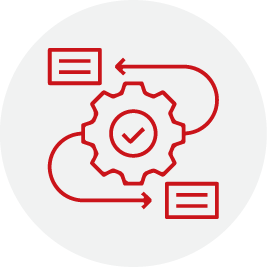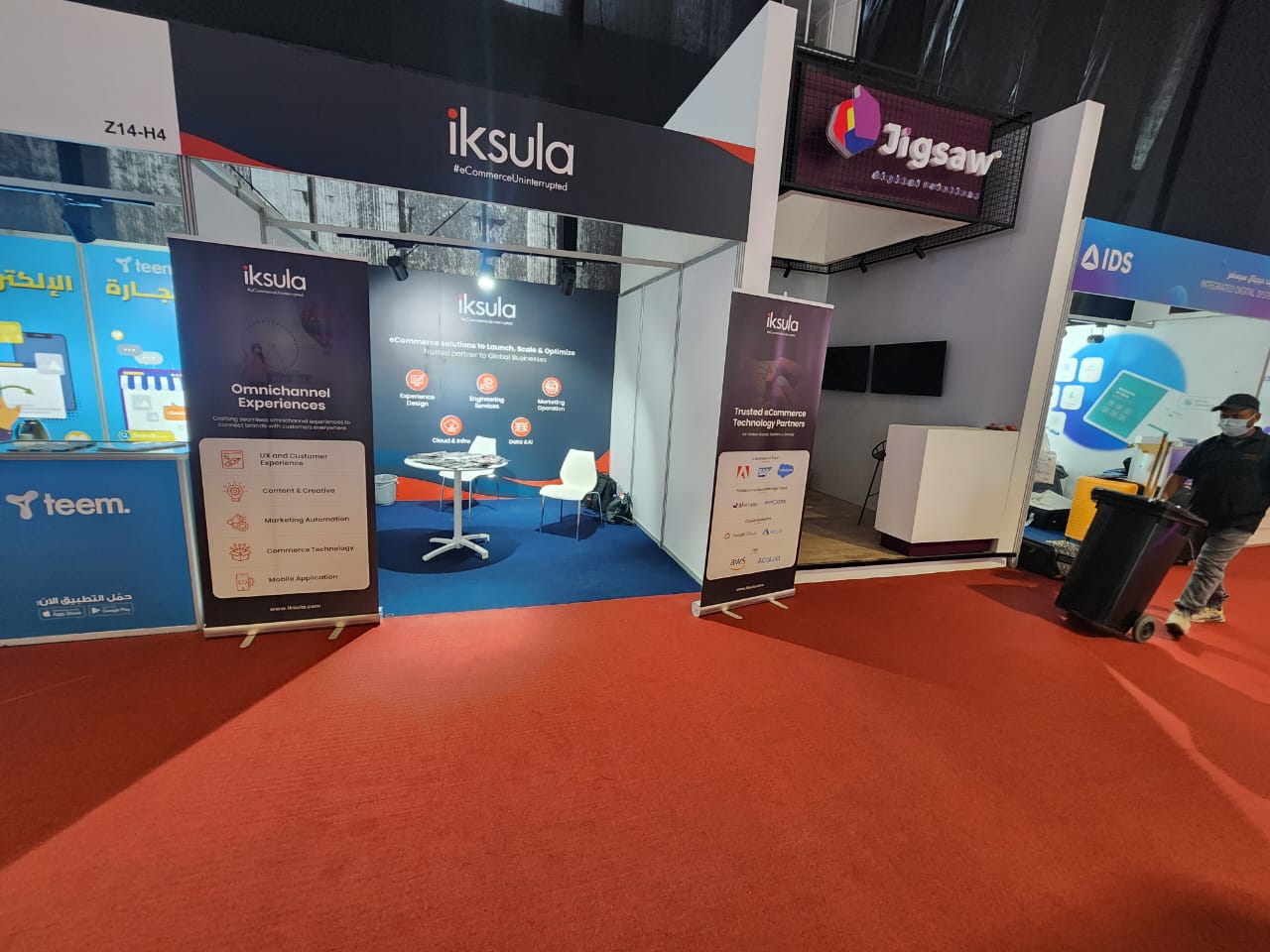Product Information Management Solutions
Product Information Management simplified

IMPROVING CONVERSION RATES THROUGH PRODUCT INFORMATION MANAGEMENT
The e-commerce world is changing at a fast pace. Product information management is a necessary tool in today’s technology-driven age. Iksula believes that retail businesses deserve to scale themselves, while powerful technology takes care of the time-consuming tasks. Our product information management systems streamline product data and drive customer engagement. We promise a boost in your conversion rates!
Whether you’re implementing a new system or optimizing an old one, Iksula’s product information management solutions can take care of all of your business operations needs.
Why Brands Rely on Iksula’s Expert Product Information Management Services

PIM IMPLEMENTATION
Iksula promises top-tier product information management systems (PIM) that are tailored to your business. Iksula’s experts seamlessly integrate processes from PIMCore to Akeneo, Salsify, and Stibo. We are a global partner for PIMCore and believe in delivering high-quality, industry-leading solutions with precision.

CUSTOM WORKFLOWS IMPLEMENTATION
When a business is complex, Iksula develops custom PIM solutions. At Iksula, we recognize that every business unit, product category, and geographic region can be diverse. Our solutions maintain the integrity of your product data and help you design and scale product information workflows. Our PIM solutions ensure your work can remain flexible across the board.

ONGOING OPERATIONS SUPPORT
Iksula provides 24/7 customer support through our Global Shared Services team. We promise a fast response time to customer requests and a lower total cost of ownership. You can have some peace of mind while we work in the background to improve your ROI.
What is a PIM used for?
PIM systems can contribute detailed product information and manage product data, making it easier for businesses to showcase accurate product information across multiple digital channels. PIM stores all the product information. It is essentially the central repository of product information.
How can a PIM system improve the efficiency of my retail business?
PIM systems centralize and manage product data, ensuring consistency across various channels. They streamline workflows, reduce errors, and improve customer experience. PIM systems often automate workflows, which means your product launches quicker and you accelerate time-to-market. PIM systems help retail businesses by simplifying supplier collaboration. This means that suppliers can update their product information directly and in real-time. PIM systems also accommodate growing products and businesses. Say, your product/service/business scales up, increasing workload and data; PIM systems can ease this process by adjusting to your business needs.
How much does a PIM cost?
The cost of PIM depends on various factors, such as the number of users of the PIM platform, features & functionality, the level of integration, the level of customization, the volume of data, pricing models, and more. Investing in a PIM system is a strategic decision, giving you long-term benefits.
How does Iksula's PIM system enhance product data accuracy?
Iksula’s PIM system enhances data accuracy by turning advanced analytics into actionable insights. With our AI-powered data quality checks, we ensure manual errors are kept to a minimum or eliminated entirely. This, in turn, ensures that product information remains consistent across multiple channels. Our PIM system centralizes data into a single platform to avoid discrepancies that arise from using multiple data sources. This means product data can be updated easily and in real-time. Our PIM system continuously studies and analyses product performance, customer preferences, and market trends. This helps us create actionable insights that help businesses make informed decisions.
How long does it take to implement a PIM system?
Implementing a PIM system typically takes 4 to 8 months. The implementation period depends on the complexity of the organization and the data presented. PIM implementation happens in phases:
Phase 1: This is the planning phase. This phase typically takes 2 to 4 weeks. Businesses figure out who needs to be added to the project as stakeholders, assess the current method of managing product information, note down what your new PIM system needs, and pick a PIM vendor.
Phase 2: This phase takes 4 to 8 weeks. Businesses plan out how product data will be structured in the system. Once the flow of product information is mapped out, businesses study and analyse how the PIM fits in with existing systems.
Phase 3: This is typically the most time-consuming phase. It can take anywhere from 6 to 12 weeks. Here, organizations clean up existing data and add any missing information, and then run tests to ensure the data has been transferred accurately.
Phase 4: This phase takes 4 to 8 weeks. Here, businesses run tests in their new PIM system to understand if it can handle their volume of data.
Phase 5: This phase takes 2 to 4 weeks. The company’s team will learn to operate the new PIM system. They make user guides with helpful resources. Companies test the new system in real-world scenarios and prepare to go live with the new system.
Phase 6: This phase takes 4 to 8 weeks. This is the final stage. Here, companies implement any necessary adjustments and add features that were not added during launch.
How does a PIM platform support omnichannel commerce?
PIM platforms centralize product data. This means the information remains consistent across multiple channels. PIM platforms provide accurate information, be it descriptions, images, or prices, and tailor datasets for each channel. When the information is consistent across various channels, the customer is bound to trust the brand or business more. This ultimately helps to improve brand image and localizes content delivery.
How can PIM Services support faster marketplace onboarding?
PIM services support faster marketplace onboarding through automated data entry, formatting, and validation. PIM services automate workflow, allowing businesses to guide sellers and check for incorrect or missing information. PIM services can reduce errors in data import, ensuring compliance and smoother product listings across multiple channels.









































